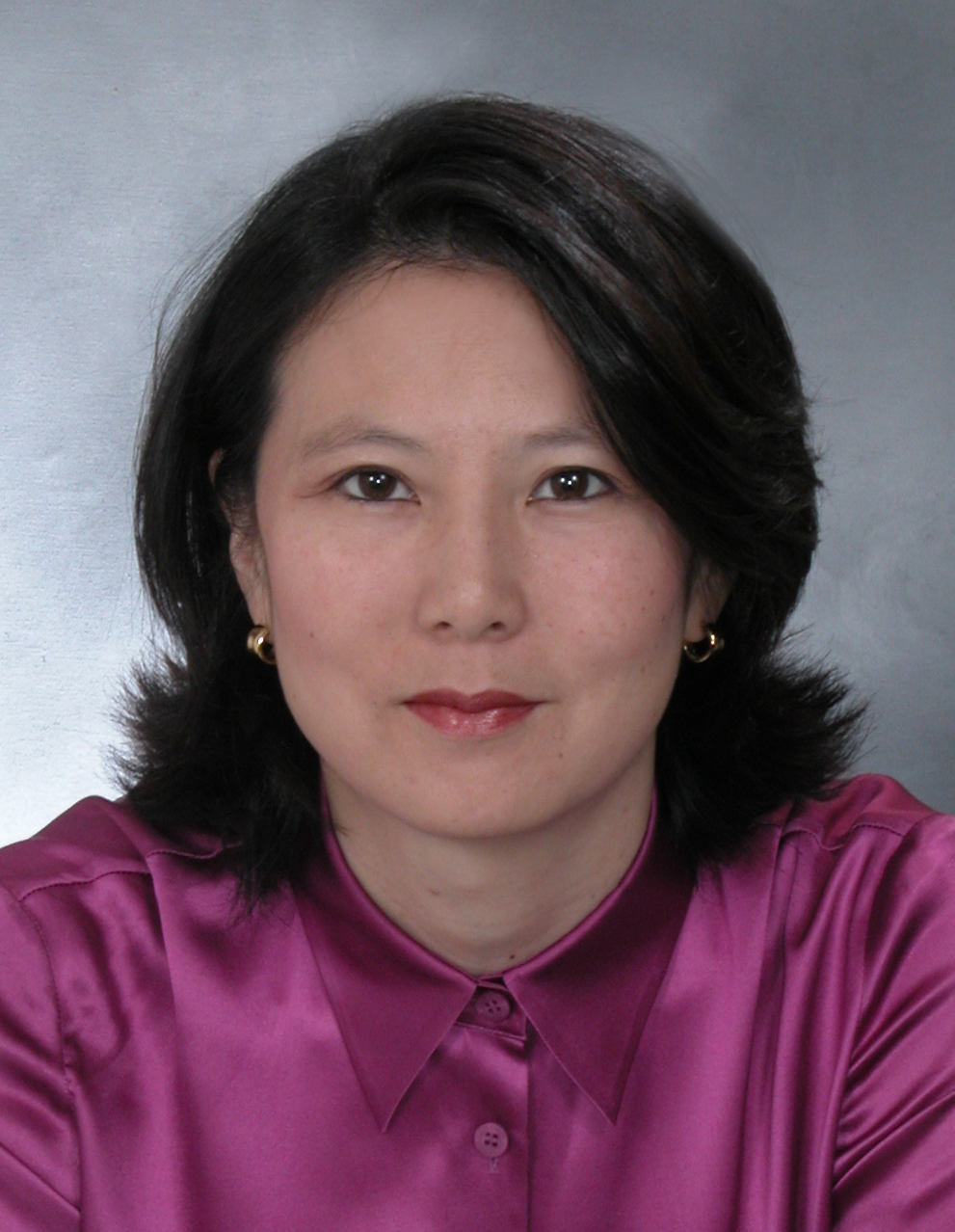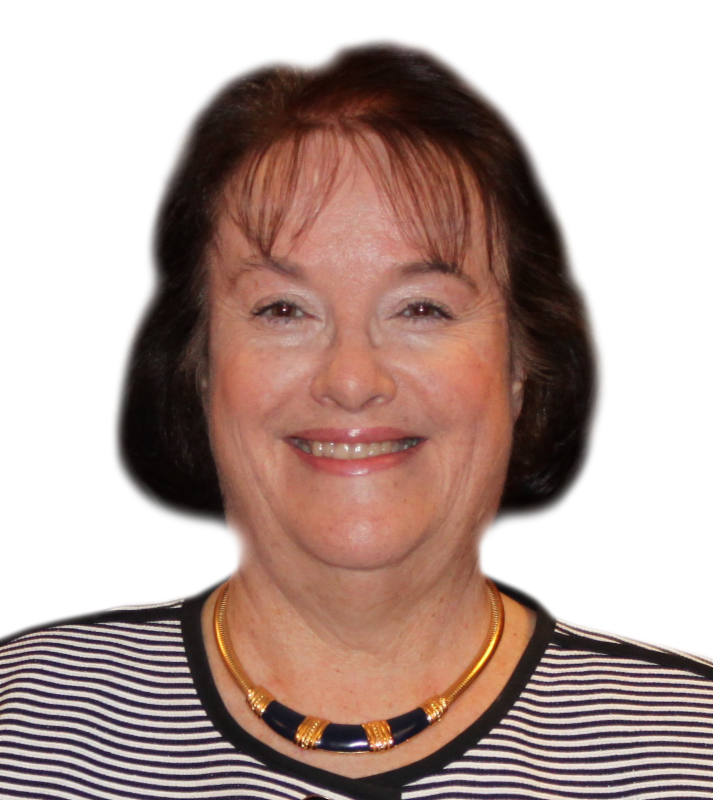Article
The Speech Accessibility Project has two new partners — The Matthew Foundation and the Massachusetts Down Syndrome Congress — as it continues to recruit adults with Down syndrome who live in the United States and Canada. The project also allows residents of Puerto Rico to participate.
The project is also recruiting those with ALS, cerebral palsy and Parkinson’s disease, as well as individuals who have had a stroke.
“The research team has learned that connecting with trusted partners is key to showing the credibility of our work and how much it could improve the lives of people with disabilities,” said Mark Hasegawa-Johnson, the project’s leader and a professor of electrical and computer engineering at the University of Illinois Urbana-Champaign. “We are so thrilled that The Matthew Foundation and Massachusetts Down Syndrome Congress have joined us, and we are grateful for their long history of service to the Down syndrome community.”
The Matthew Foundation’s mission is to improve the lives of persons with intellectual disabilities by supporting research, inclusion and employment.
 Jessamy Tang
Jessamy Tang“This project is relevant to all those dimensions,” said Jessamy Tang, The Matthew Foundation’s co-founder. “The Speech Accessibility research project will enable this population to benefit from voice command devices such as television remote controls, home appliances, transportation and cell phones. The applications for speech technology will lead to better prospects for inclusion in schools and increased employment opportunities.”
Tang believes devices that use voice commands are the future.
"Many of us already use them,” Tang said, “and it is important that those with Down syndrome can benefit from the next generation of voice-enabled devices. These devices can be life changing.”
 Maureen GallagherFor the last 40-plus years, the Massachusetts Down Syndrome Congress has worked to ensure individuals with Down syndrome are valued, included and given the opportunities to pursue fulfilling lives.
Maureen GallagherFor the last 40-plus years, the Massachusetts Down Syndrome Congress has worked to ensure individuals with Down syndrome are valued, included and given the opportunities to pursue fulfilling lives.
“We aim to provide information about and access to the latest research, networking opportunities and advocacy for people with Down syndrome, their families, educators, health care professionals and the broader community,” said Executive Director Maureen Gallagher. “As speech technology plays an increasingly vital role in daily life, we believe that the Down syndrome community would benefit significantly from improved accessibility.”
Gallagher said her organization is proud to be working on the project, as it aligns with MDSC’s commitment to ensure the organization’s community has up to date and accurate information regarding the latest medical and scientific advances and research opportunities.
“Our community, and every community, deserves to be included and we have so many self-advocates who we are confident will thrive and also be appreciative of this study and the recognition it will bring,” she said.
Speech Accessibility Project
405 N Mathews Ave., Urbana, IL 61801